|
Our Omega Mu brothers who served in the military are cherished and constant fraternal friends, and we would like to say thank you for the steadfast, purposeful commitment you made to our nation to defend those four freedoms we all believe in: “Freedom of speech, freedom of worship, freedom from want, and freedom from fear.” For those brothers who were killed in defense of these freedoms, they will always occupy a consecrated place in our linked fraternal heart because they exemplify the idea of superlative commitment, strength, and fortitude for the good to the end itself. The greatness of their collective purpose and will, on our nation’s behalf, will never be forgotten. By their “clear-eyed faith and fearless heart,” these brothers have left us a fraternal legacy that echoes what we often say about Omega Mu Fijis: “Perseverance and determination are omnipotent.” Their code of integrity, courage, duty, responsibility, and self-sacrifice on behalf of our nation is a powerful legacy that we will always be proud of as Omega Mu Fijis. Whether it was at New Orleans, Red River, Fort Blakely, Marianna, San Juan Hill, Santiago de Cuba, Chateau-Thierry, Verdun, El Guettar, Elba, Monte Della Vedetta, the Battle of the Bulge, Rabaul, Inchon, Pusan, Chosin Reservoir, Pork Chop Hill, Hue, Easter Offensive, Phu Cat, The Iron Triangle, Hamburger Hill, la Drang Valley, Bien Hoa, Khe Sanh, Rumaila, Al-Batin, Medina Ridge, Kabul, Kandahar, our Omega Mu brothers have demonstrated devotion to duty in defense of freedom and liberty. They are the stability of our nation, and we, the Omega Mu brotherhood, revere, honor, and salute their persevering and determined spirit within our great nation and our historic brotherhood. We will always honor the heroism of all of our brothers who have served in the armed forces from the Civil War to the present. Thank you. Omega Mu Veteran John N. Merrill, 1905 Omega Mu Years 1904 group photo with John N. Merrill Military Career John N. Merrill fought in the Moro Rebellion (1899-1913) during the Philippine-American War, in the Sulu Archipelago, and during the war he was injured in the knee by a bolo knife during a fight with a Moro chief whom he shot. Later, John met Captain John Pershing, who would become General “Black Jack” Pershing, the commander of the American Expeditionary Force in World War I, 1917-1918. Captain John Pershing in Sulu. Morro warrior with a bolo knife. After fighting in the Moro Rebellion for five years, John Merrill served for six years in Persia as the military instructor to the Pasha’s calvary and troops. World War I After his service to the pasha in Persia, John N. Merrill served in France during World War I. He was in command of a company of African-American soldiers during the Meuse-Argonne offensive, and during the offensive he was gassed. "Bent double, like old beggars under sacks, Knock-kneed, coughing like hags, we cursed through sludge, Till on the haunting flares we turned our backs, And towards our distant rest began to trudge. Men marched asleep. Many had lost their boots, But limped on, blood-shod. All went lame; all blind; Drunk with fatigue; deaf even to the hoots Of gas-shells dropping softly behind. Gas! GAS! Quick, boys!—An ecstasy of fumbling Fitting the clumsy helmets just in time, But someone still was yelling out and stumbling And flound’ring like a man in fire or lime.-- Dim through the misty panes and thick green light, As under a green sea, I saw him drowning" (A small portion of Dulce et Decorum Est by Wilfred Owen) John N. Merrill was awarded the Croix de Guerre for his exceptional leadership in leading his men during constant German machine gun fire during the Meuse-Argonne Offensive. After the Armistice, Major John N. Merrill was stationed on the Rhine River Valley to act as a civil governor for several small towns. “What if the space be long and wide, That parts us from our brother’s side A soul-joined chain unites our band, And memory links us hand in hand.” (Phi Gamma Delta fraternity song) Fraternally,
Chip Chapman, ’82 Perge
1 Comment
Alex Ford
8/10/2021 11:51:33 pm
John Merrill was Captain Duckworth-Ford's junior officer in 1906 and 1907 in Zamboanga, as part of the Philippine Constabulary. Merrill communicated with Duckworth-Fohrd while the latter was in Nigeria. While an offer was pending to join Merrill in Persia, Duckworth-Ford was invalided by the Medical Officer and sent home to the United States. Merrill certainly had a variety of experiences under the most difficult of circumstances. Besides the Croix de Guerre, Merrill should have several other medals for his service including the Philippine Campaign medal for the service in the Southern P. I.; perhaps a Persian award; WW I Victory and other British medals as well.
Reply
Leave a Reply. |
Archives
December 2024
Categories |
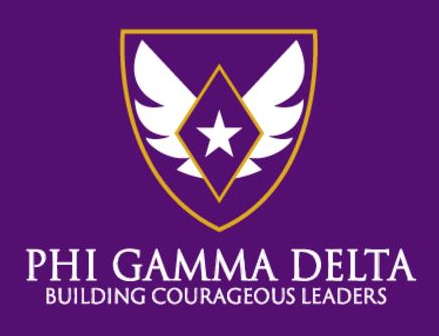
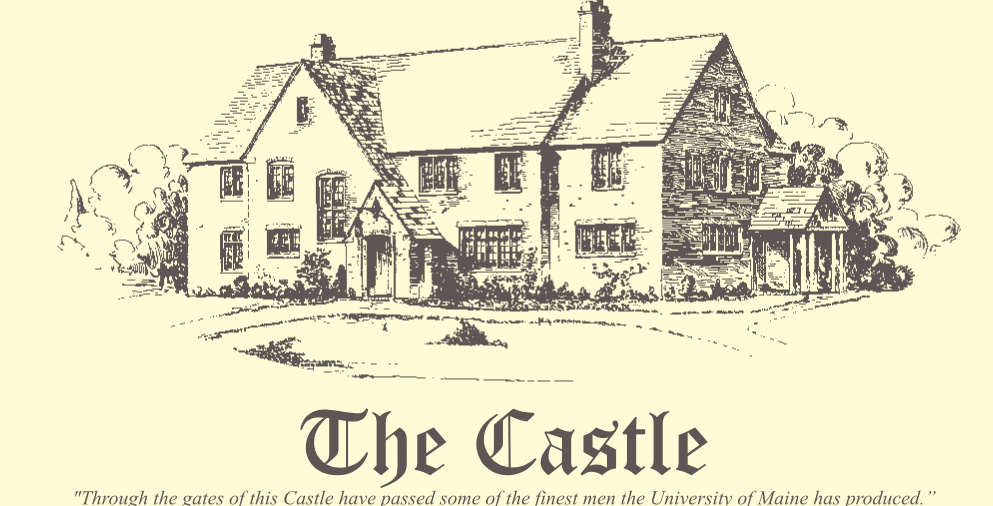

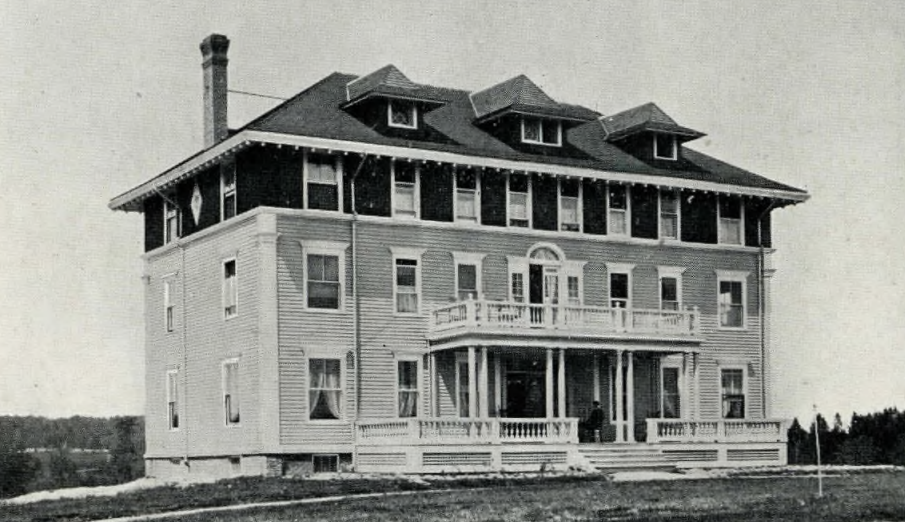
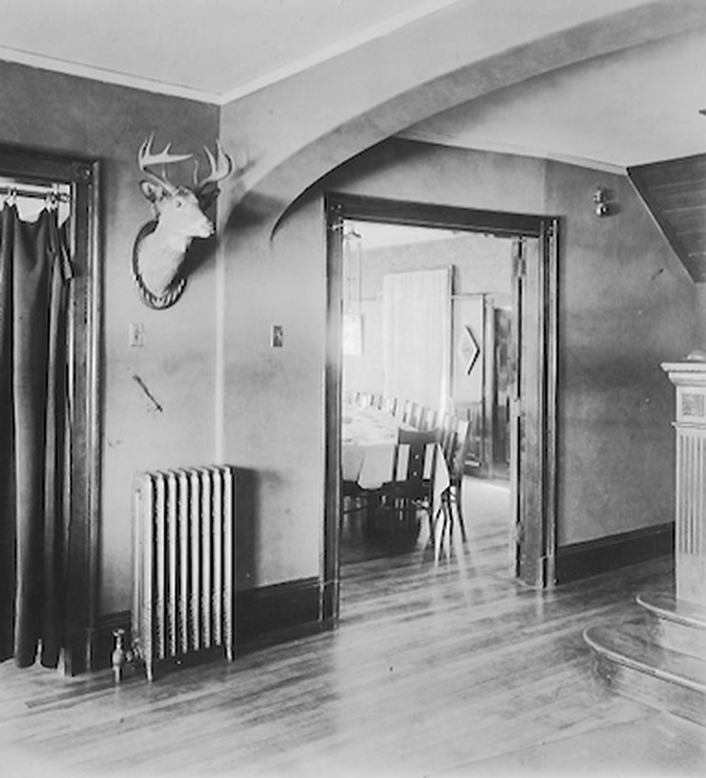
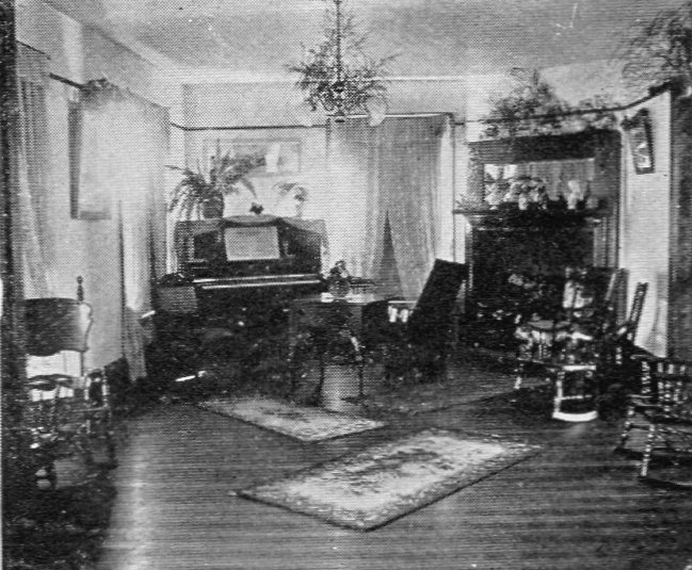
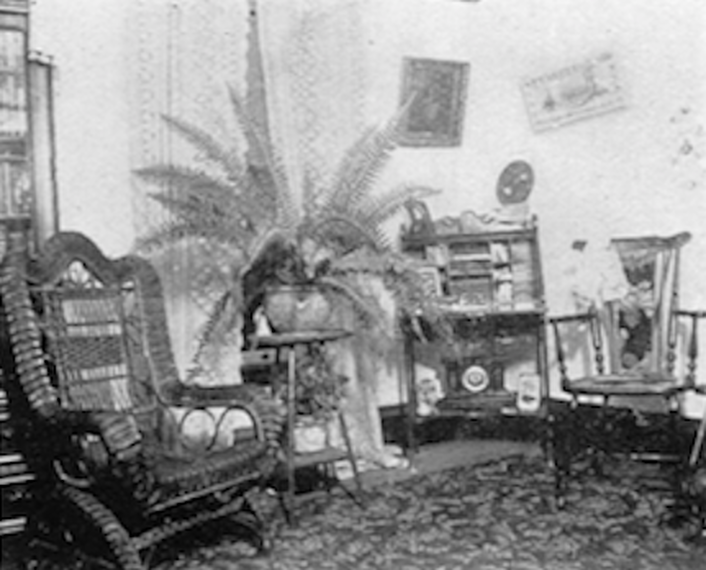
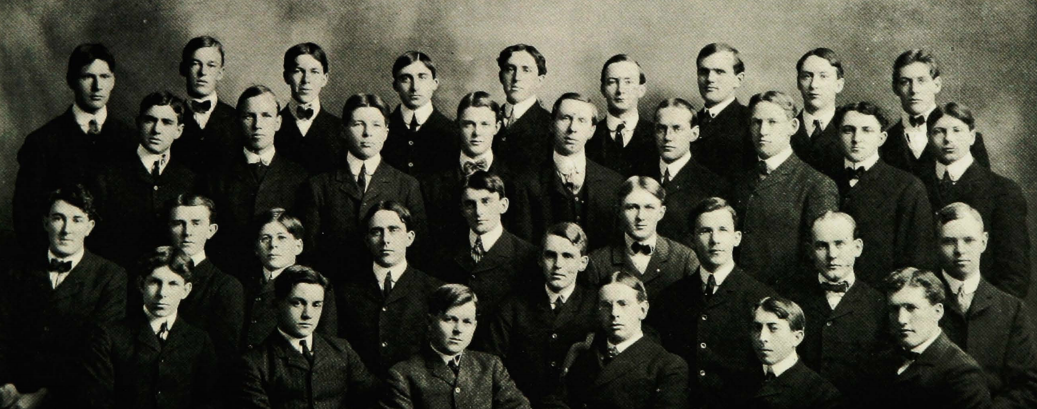
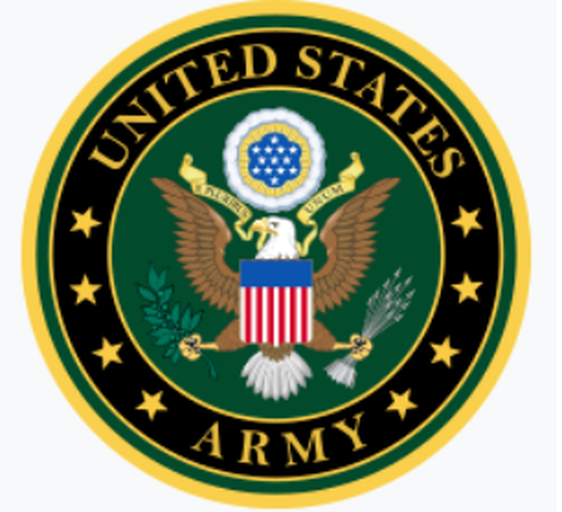
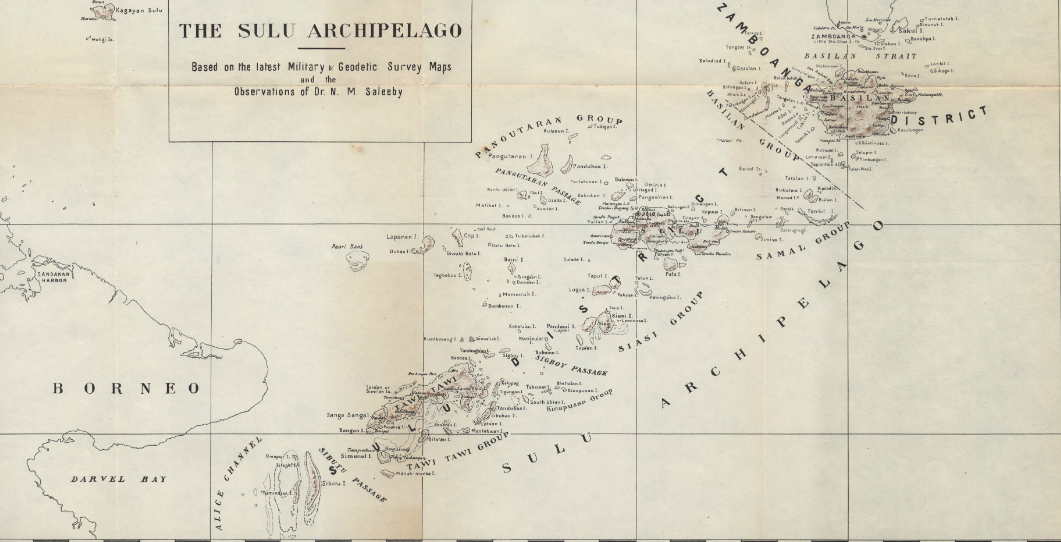
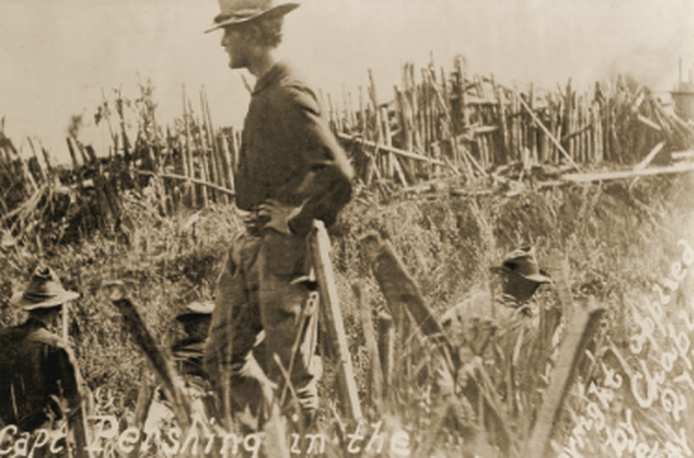
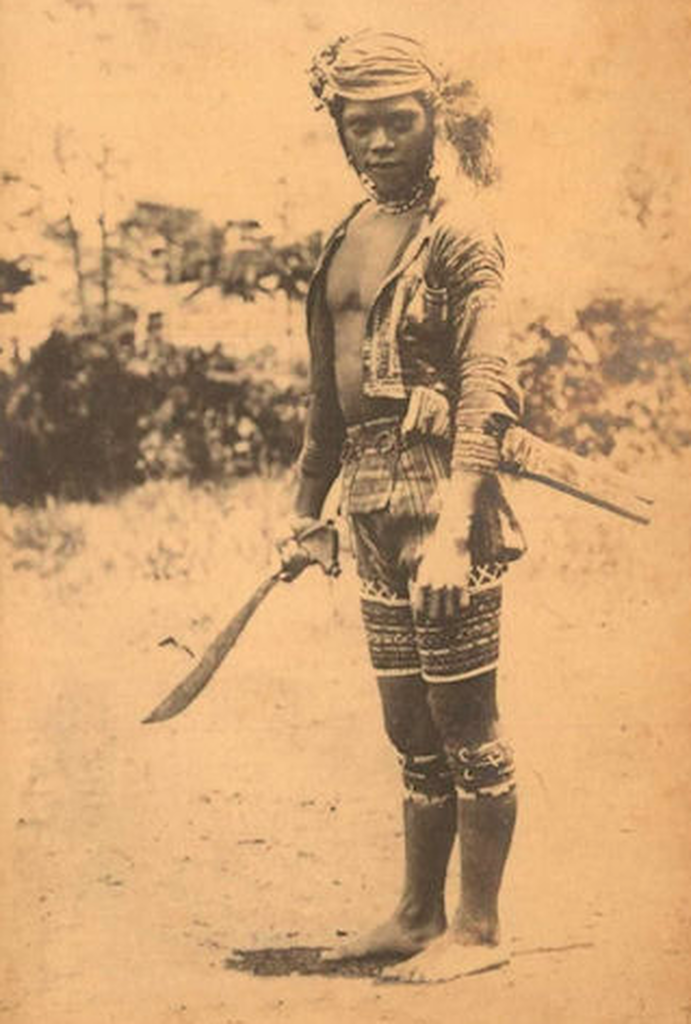
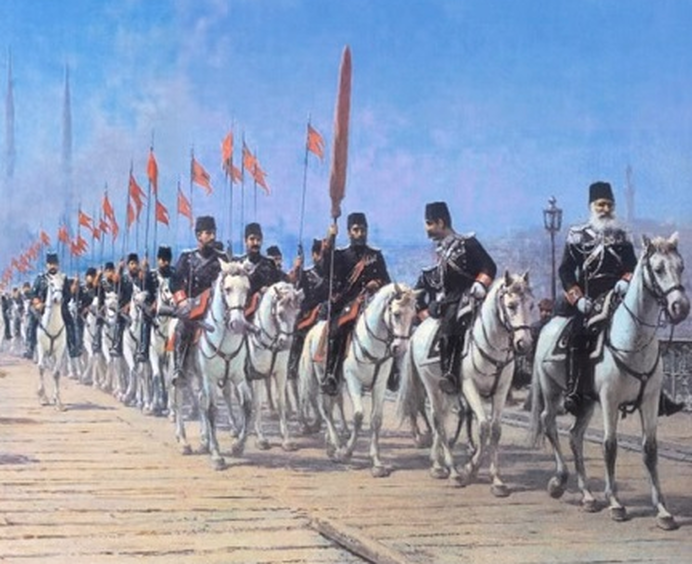

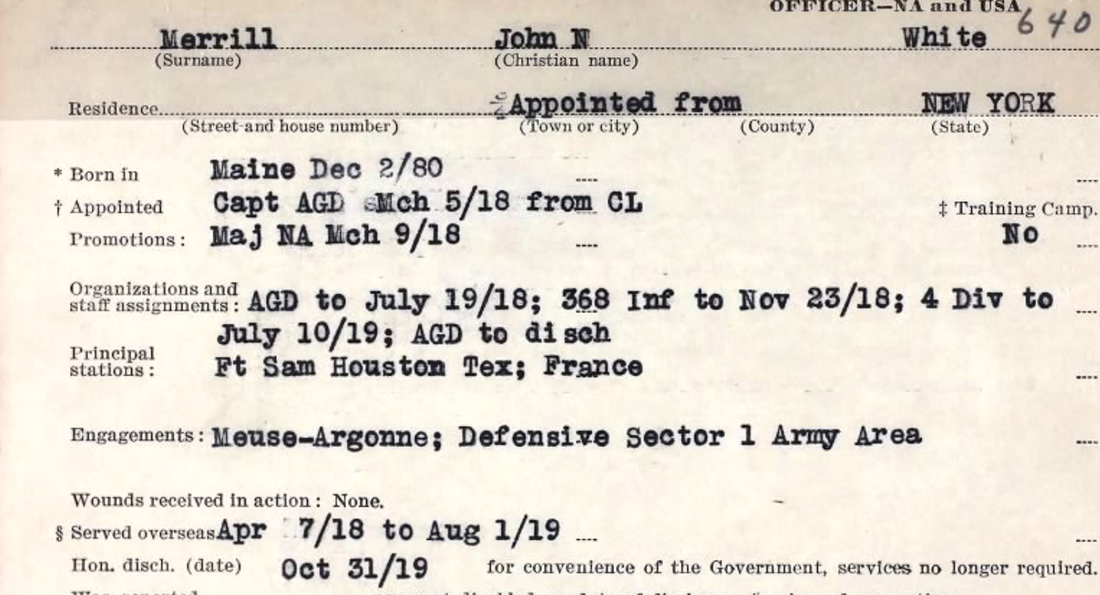
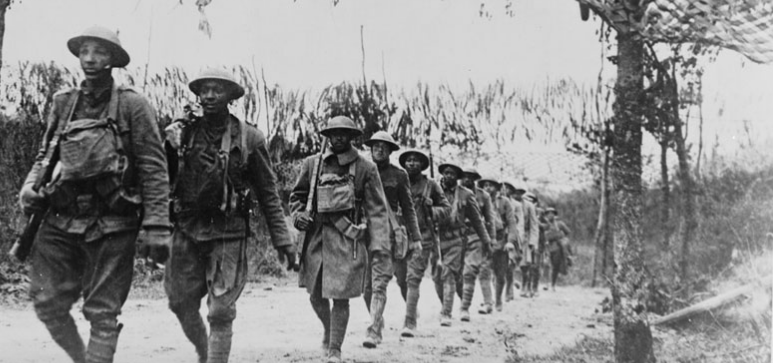
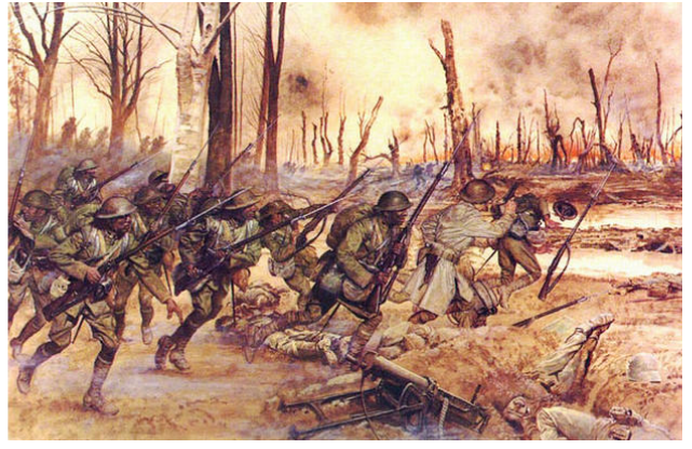
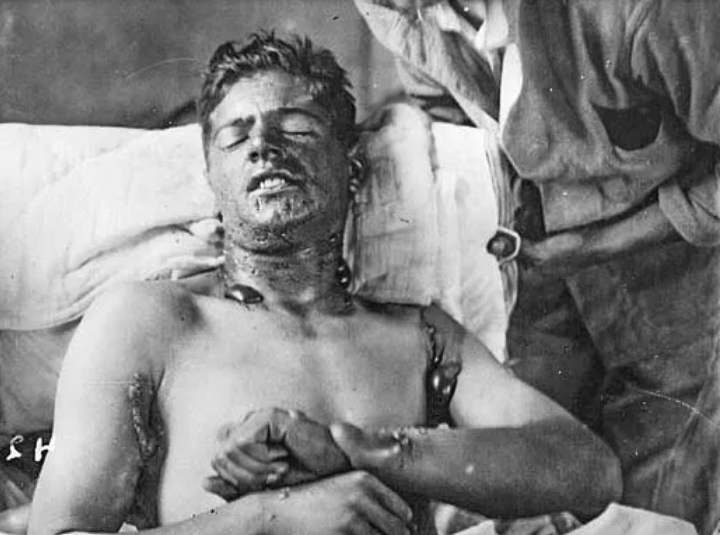
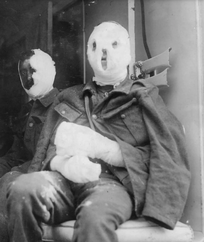
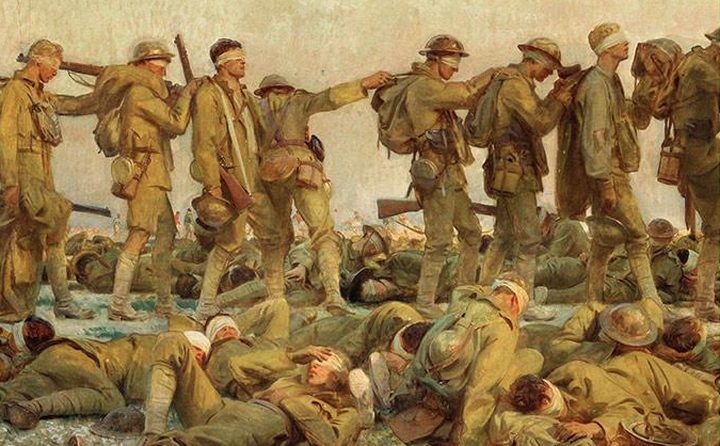
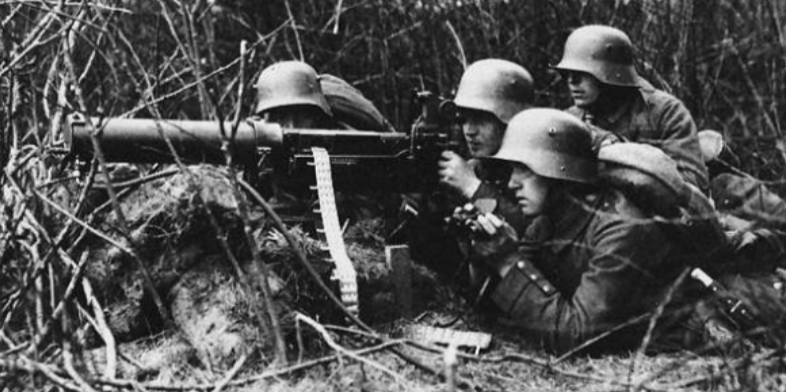


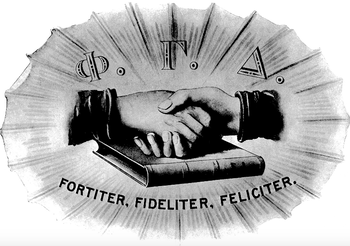


 RSS Feed
RSS Feed